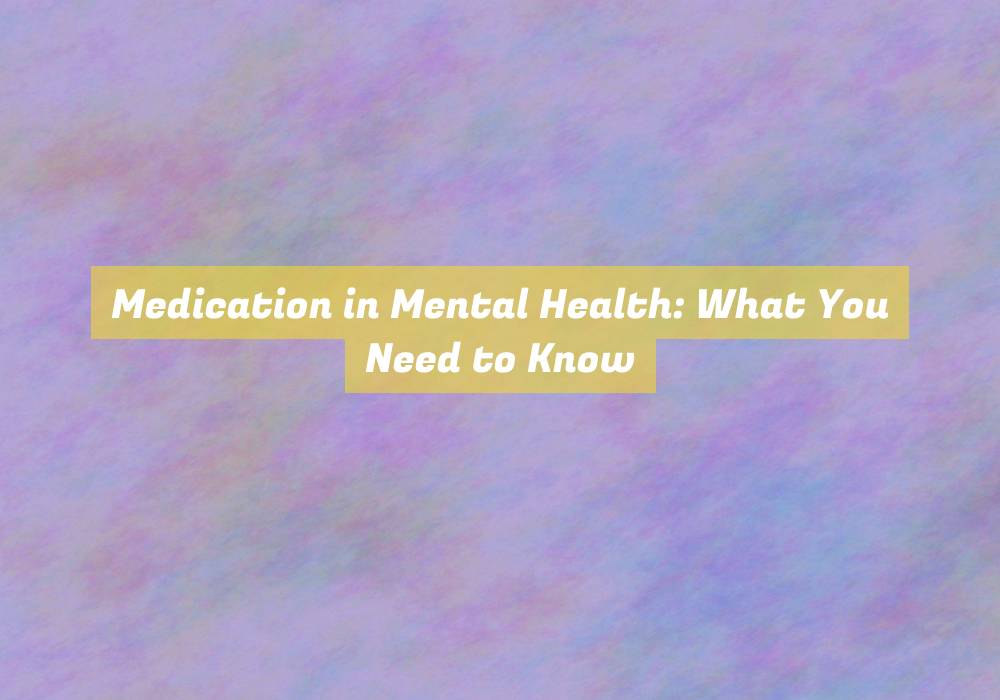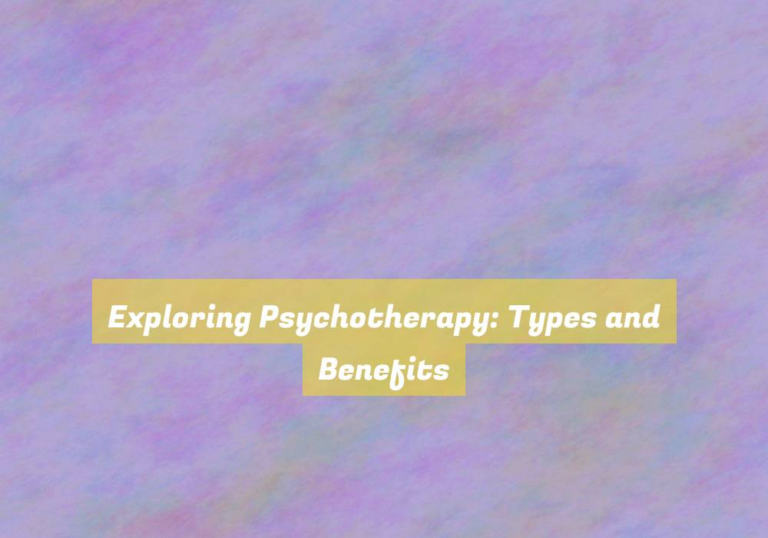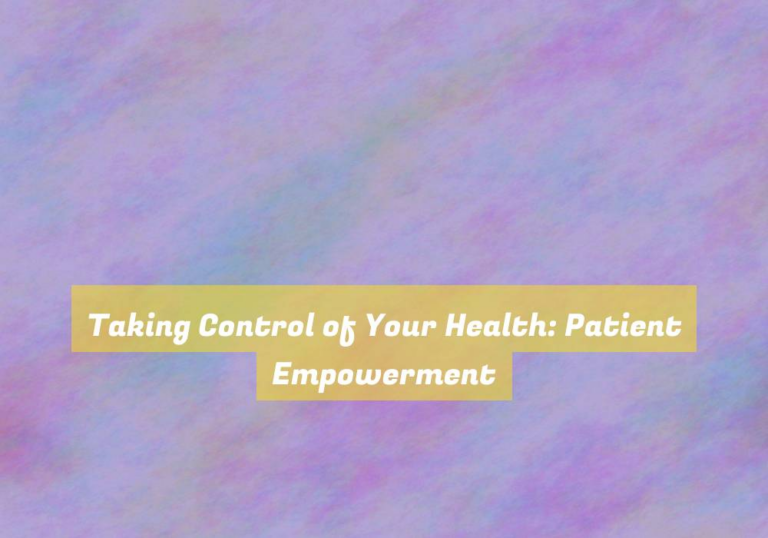Medication in Mental Health: What You Need to Know
You may not realize it, but medication can play a crucial role in managing mental health conditions. Understanding how different medications work and their potential side effects is essential for making informed decisions about your treatment.
From antidepressants to anti-anxiety medications, there is a wide range of options available, each with its own considerations. ItG??s important to know what to expect and how to navigate the complexities of medication in mental health.
How Medication Works
How does medication work to alleviate symptoms of mental health conditions?
Medication can help by targeting specific neurotransmitters in the brain. For example, antidepressants work by increasing the levels of serotonin, a neurotransmitter that affects mood regulation. By doing so, they can alleviate symptoms of depression and anxiety. Similarly, antipsychotic medications target dopamine receptors, which can help manage symptoms of psychosis. These medications can help reduce hallucinations and delusions.
Another way medication works is by stabilizing mood. Mood stabilizers, such as lithium, can help regulate the highs and lows associated with bipolar disorder. They do this by impacting the activity of certain neurotransmitters and ion channels in the brain.
Additionally, anti-anxiety medications can enhance the effects of a neurotransmitter called gamma-aminobutyric acid (GABA), which helps calm the activity of nerve cells in the brain. This can result in reduced feelings of anxiety and panic.
Common Types of Medications
To understand the various types of medications commonly used in mental health treatment, itG??s important to recognize how different medications target specific neurotransmitters to alleviate symptoms of various mental health conditions.
Antidepressants are often prescribed to treat depression, anxiety disorders, and some personality disorders. They work by increasing the levels of neurotransmitters such as serotonin, norepinephrine, and dopamine in the brain.
Another commonly used type of medication is antipsychotics, which are primarily used to manage symptoms of psychosis, such as hallucinations and delusions, by blocking dopamine receptors in the brain.
Mood stabilizers are frequently prescribed for bipolar disorder to stabilize mood swings and prevent the recurrence of manic or depressive episodes. They work by impacting various neurotransmitters, including serotonin, dopamine, and norepinephrine.
Additionally, anti-anxiety medications, also known as anxiolytics, are often used to alleviate symptoms of anxiety disorders by enhancing the effects of the neurotransmitter GABA in the brain.
Understanding these common types of medications can provide insight into how they specifically target neurotransmitters to address mental health symptoms.
Potential Side Effects
Potential side effects of these medications may include:
- Drowsiness
- Weight gain
- Sexual dysfunction
- Gastrointestinal disturbances
ItG??s essential to be aware of these potential side effects when starting a new medication for mental health. While not everyone will experience these side effects, itG??s important to recognize the possibility and monitor your bodyG??s response closely.
Drowsiness is a common side effect of many psychiatric medications, especially when you first start taking them. This can affect your ability to concentrate or operate heavy machinery, so itG??s important to be cautious.
Weight gain is another potential side effect that can occur with certain medications, and itG??s crucial to maintain a healthy lifestyle to mitigate this effect.
Sexual dysfunction, including decreased libido and difficulty achieving orgasm, may also occur.
Lastly, gastrointestinal disturbances such as nausea, diarrhea, or constipation are possible side effects.
ItG??s essential to communicate openly with your healthcare provider about any side effects you experience, as they may be able to adjust your medication or provide additional support.
Important Considerations
When considering medication for mental health, itG??s important to discuss any concerns or questions with your healthcare provider. Your healthcare provider can help you understand the potential benefits and risks of the medication, as well as alternative treatment options.
ItG??s vital to provide your healthcare provider with a complete medical history, including any past experiences with medication, allergies, or other health conditions. This information will help them determine the most suitable treatment for you.
Additionally, itG??s crucial to follow the prescribed dosage and schedule, as well as to report any unexpected side effects promptly. Keep an open line of communication with your healthcare provider throughout the treatment process.
ItG??s also essential to be aware of any potential interactions between the prescribed medication and other medications, supplements, or substances you may be using.
Conclusion
Overall, medication can be an effective tool in managing mental health conditions. ItG??s important to understand how it works, the common types of medications available, and the potential side effects.
ItG??s also crucial to consider individual factors such as medical history, lifestyle, and personal preferences when deciding on a treatment plan. Always consult with a healthcare professional to determine the best course of action for your mental health needs.







Your insights into the role of medication in managing mental health conditions shine a crucial light on an often challenging aspect of treatment. Understanding how different medications function at a neurochemical level is indeed vital for making informed decisions. I appreciate your discussion of neurotransmitters like serotonin and dopamine—these are essentially the keys to unlocking better mental health for many individuals.
I appreciate your thoughts on the role of medication in mental health treatment. It’s fascinating how our understanding of neurotransmitters like serotonin and dopamine can empower individuals in their recovery journeys. Each person’s brain chemistry is unique, so it’s important to approach treatment with a personalized mindset.